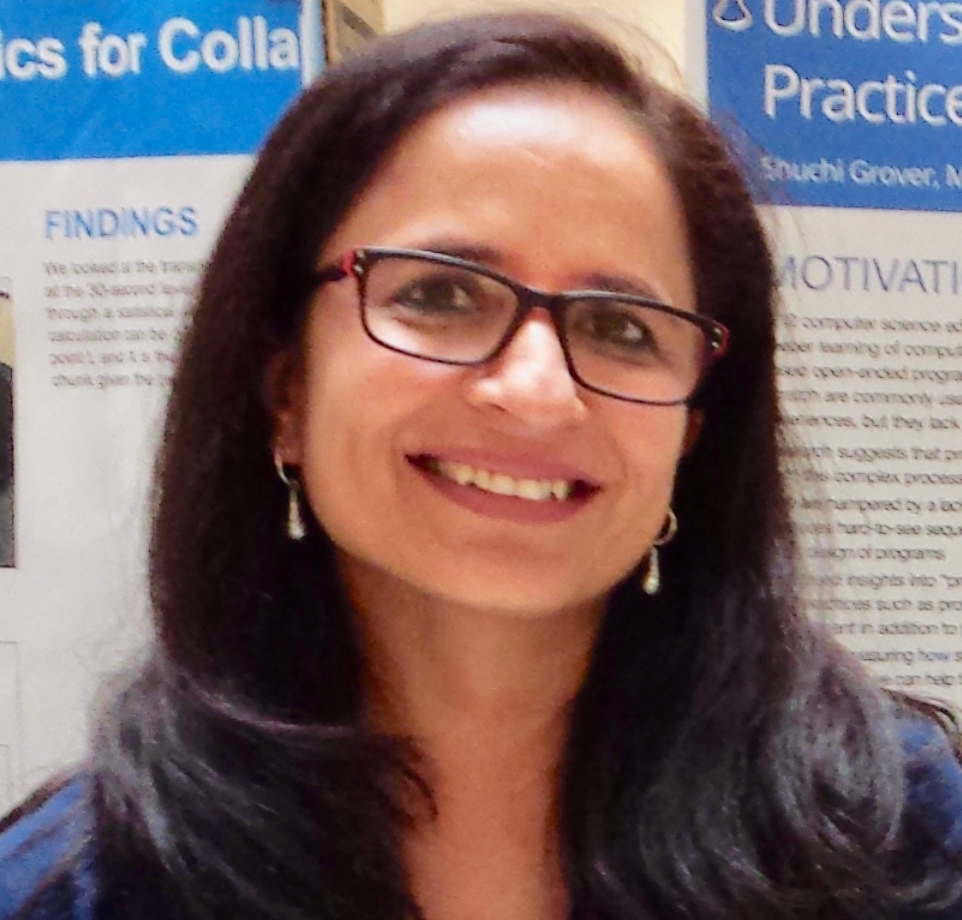Cited By
View all- Cruz LSantana BBittencourt RBarreto AGomes KSantos J(2024)Efeito da promoção do pensamento computacional nas habilidades do século XXI: uma revisão sistemática da literaturaRevista Brasileira de Informática na Educação10.5753/rbie.2024.321332(295-335)Online publication date: 27-Jun-2024
- Poitras ECharles Crane BDempsey DSiegel AFarion C(2024)Programming Language Learning in K-12 EducationEmpowering STEM Educators With Digital Tools10.4018/979-8-3693-9806-7.ch010(227-260)Online publication date: 1-Nov-2024
- Arslanyilmaz ABriley MBoerio GPetridis KIlyas R(2024)Assessing the Efficacy of an Accessible Computing Curriculum for Students with Autism Spectrum DisordersMultimodal Technologies and Interaction10.3390/mti80200118:2(11)Online publication date: 9-Feb-2024
- Show More Cited By



